From Selling Custom T-Shirts to 8-Figure Merchandise Company – The Saltycustoms' Story
From operating a business in a bedroom to building a 8-figure revenue company with 1,500+ international clients.
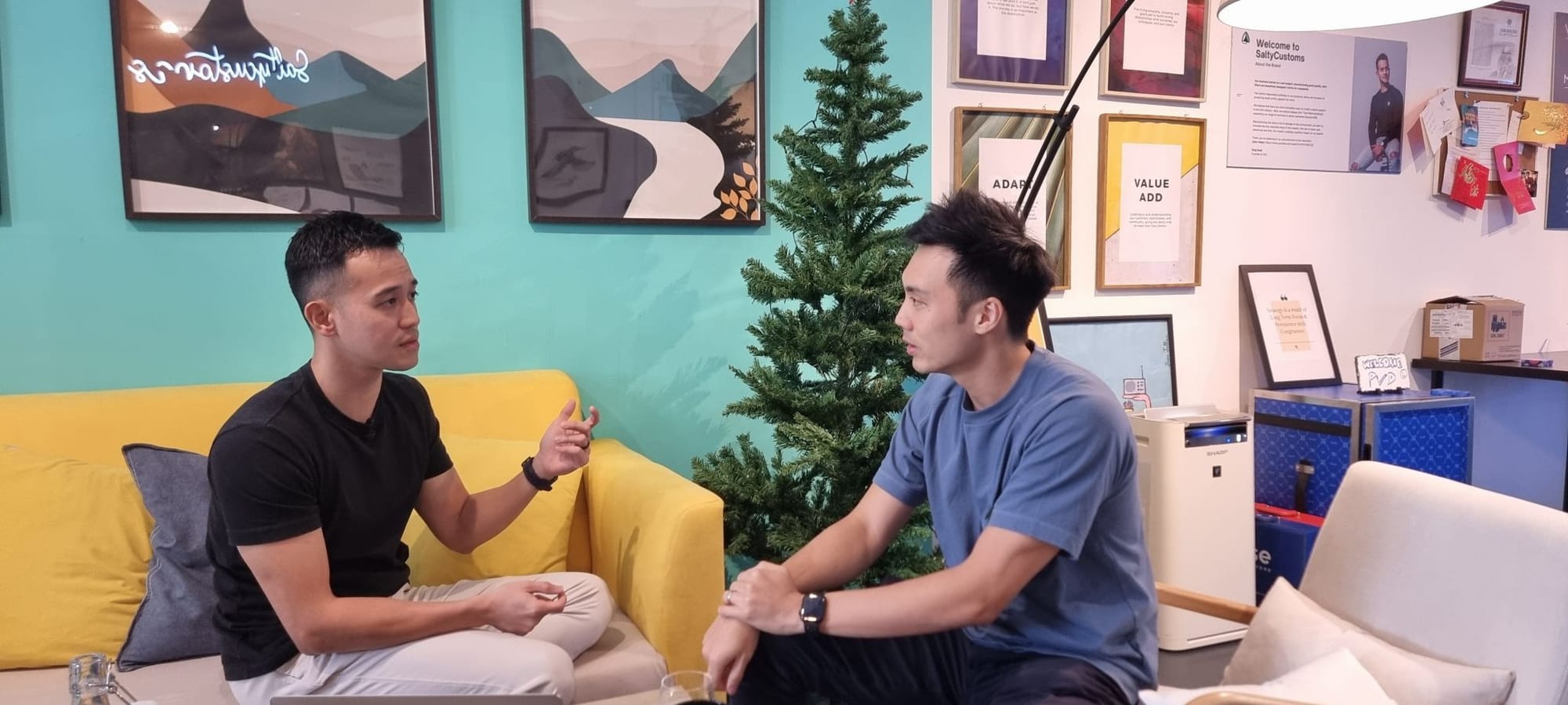
Saltycustoms is no stranger to the business scene. But much has changed since the time they focused only on printing custom t-shirts during the startup boom sometime in 2010.
King Quah started Saltycustoms as a custom T-shirt printing company, designing and manufacturing customized T-shirts for brands. Their big breakthrough came when they received an order for 10,000 T-shirts for a nationwide event.
That's when they knew they were on to something big.
From there, Saltycustoms started evolving – going from being Asia's first apparel consultancy firm to experts in merchandising solutions, equipped with design, tech, manufacturing, and global fulfillment capabilities.
Today, we'll share with you 7 lessons we've learned from King Quah, CEO of Saltycustoms. Let's get started!
1- Don't overcomplicate marketing
Business is simply providing a solution to a problem. That's it.
King didn't do any complicated marketing when he started Saltycustoms. To find customers, he sent emails to a few prospects, started a conversation, and then followed up with proposals. He got a few yes-es, and boom, he was in business.
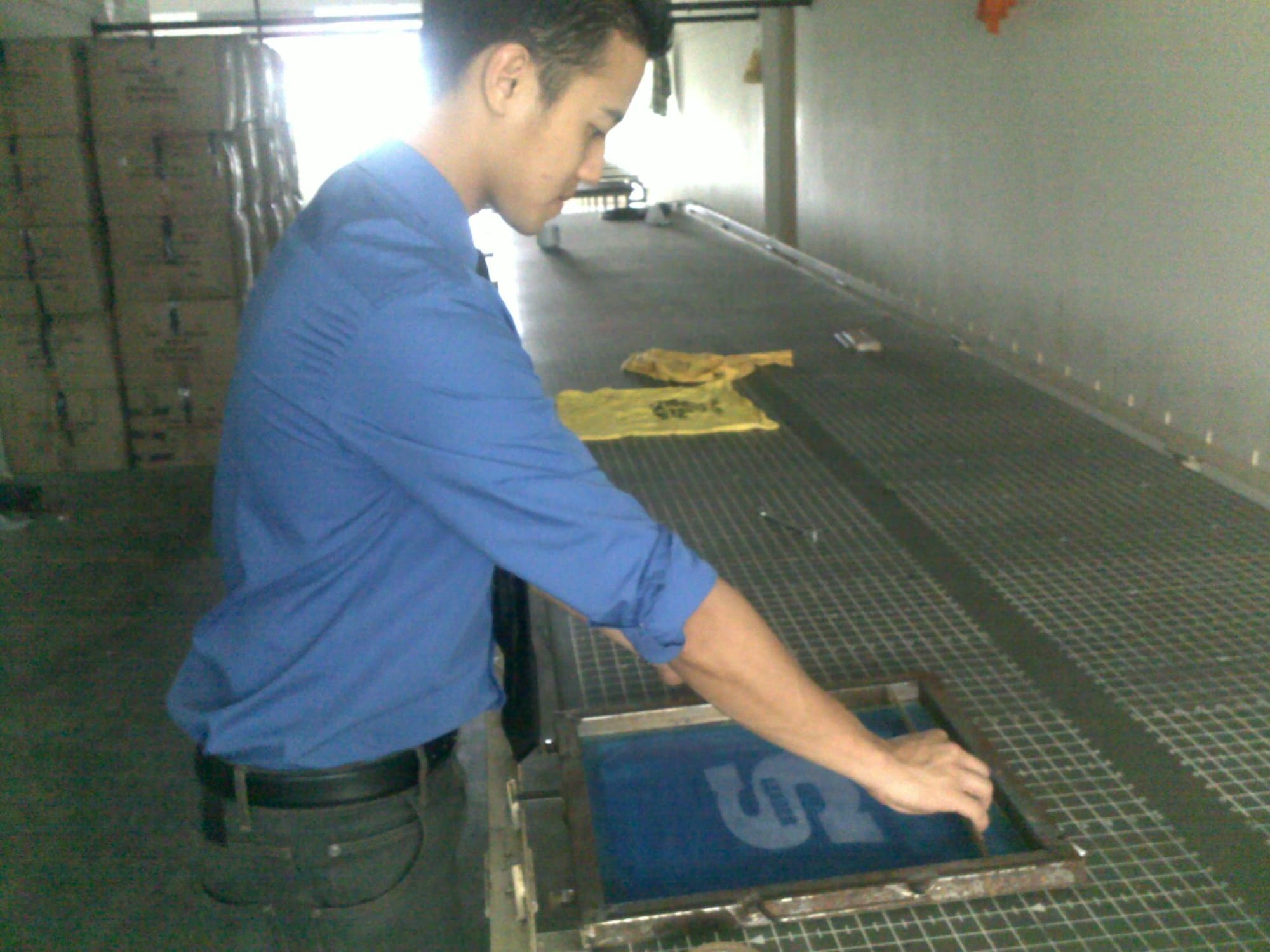
That's it!
Today, too many people overcomplicate their marketing and business. What marketing funnel should I build? Which software should I use?
The answer is the tools never really mattered. The most important thing you could do today is to start approaching potential clients.
Action plan: Make a Dream 100 list. A Dream 100 list is a list of companies you want to have as clients. Prioritize and figure out the best way to reach these people, starting with the top 10. If cold-calling is the most efficient way to do it – do it.
2- Listen to your customers
Saltycustoms began by making customized T-shirts for customers. Over time, they started getting different requests.
Clients began asking for more – powerbanks, socks, sweaters, etc. King took up the requests with his team and began sourcing for those products as well. Saltycustoms expanded their product offering and began to evolve into a full-scaled merchandise solutions company by listening to their customers.
Even after that, they continued listening to their customers. Saltycustoms went beyond just merchandising. After listening to problems that their customers were facing, they launched a solution to build and manage merchandise E-stores for brands.

Here's how it works: A business would get their own merchandise E-store, where customers can buy merchandise from. Whenever there are purchases made, end-to-end fulfilment will be done by Saltycustoms.
Effectively, you don't have to do anything at all. It's like having a new revenue stream for your business, with Saltycustoms supporting you.
The lesson here is that your customers will usually tell you what they want. Just get started, listen to what your customers say and build products that solve the problems.
3- Grow by hiring front-facing team members
Running a merchandise consultancy isn't easy. You need the right people and team setup:
- Front-facing team members focus on sales and manage clients.
- Back-end team members who does operational work – designing, printing & managing the manufacturing process.
King's strategy to successfully growing Saltycustoms?
Hire "hybrids" – front-facing people who can jump in to help on the back-end when things get hectic.
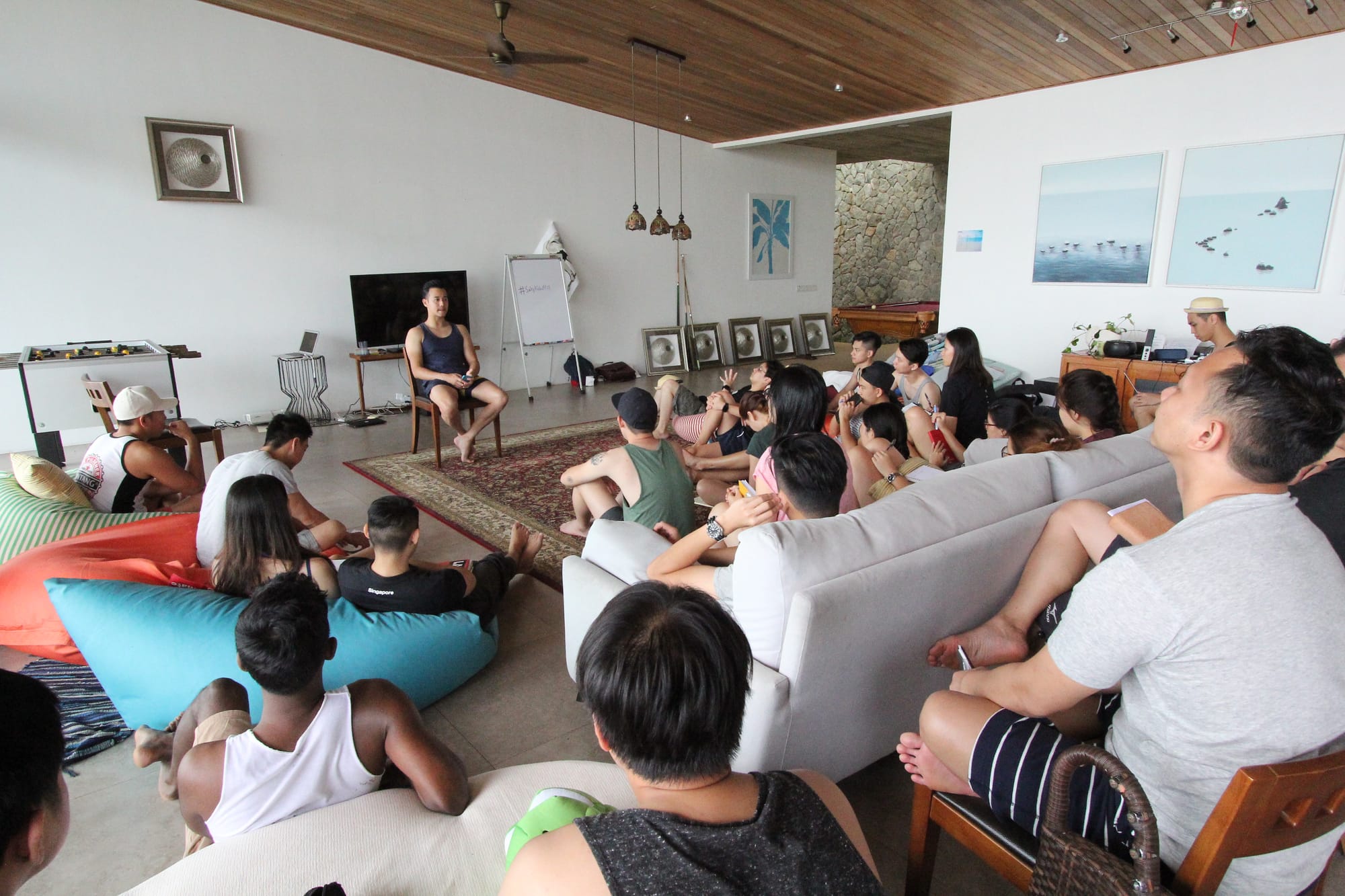
His belief was that front-facing people can switch to back-end roles. However back-end operational focused people will usually find it harder to move to front-end facing roles like sales and client servicing.
This ended up becoming one of the biggest levers Saltycustoms leveraged on to grow quickly.
4- Lead with a belief system
You can have the best people on your team. But without a clear direction, it wouldn't bring any added benefit.
King learnt this the hard way.
As he was scaling the business, he hired some of the best talents from marketing agencies and big brands. However, he wasn't able to effectively manage them. In short he failed. But why?
It comes down to something once said by Steve Jobs:
It doesn't make sense to hire smart people and tell them what to do; we hire smart people so they can tell us what to do.
Hiring and retaining great talents is always going to be a challenge all businesses face. Leading them is another challenge.
This is why King built a belief system at Saltycustoms. Everyone needs a purpose. What are they working for? Why are they working this hard? What's the point?
When the team is aligned on a singular purpose and the reason they exist – they started doing their best work. King never had someone who tried to cause harm to the business. Each of his team members was doing what they believe was right.
As leader, you have to be able to lead and bring people together to work a purpose.
5- Entrepreneurship is a solo journey
During one of the hardest moments – Saltycustoms burnt too much money on experiments, hired too many people and was in a difficult position of either quickly raising money or going bankrupt – was when King learnt a hard truth that entrepreneurship is a solo journey.
No one coming to save you. There's no cavalry coming. You're in this alone.
The takeaway: If you're going to be starting a business, know that it'll be more challenging than you ever thought it'll be. And when tough time comes, position yourself to be ready that you'll be alone – and that you have to make the difficult conversations and choices.
6- Personal vs Company brand
Whether to build a personal or a company brand is something that has always been debated.
People like Gary V argues he'd choose building a personal brand anytime. His argument was that people change through the years. Your personal brand can evolve with you. But with a company brand, you're stuck with it.
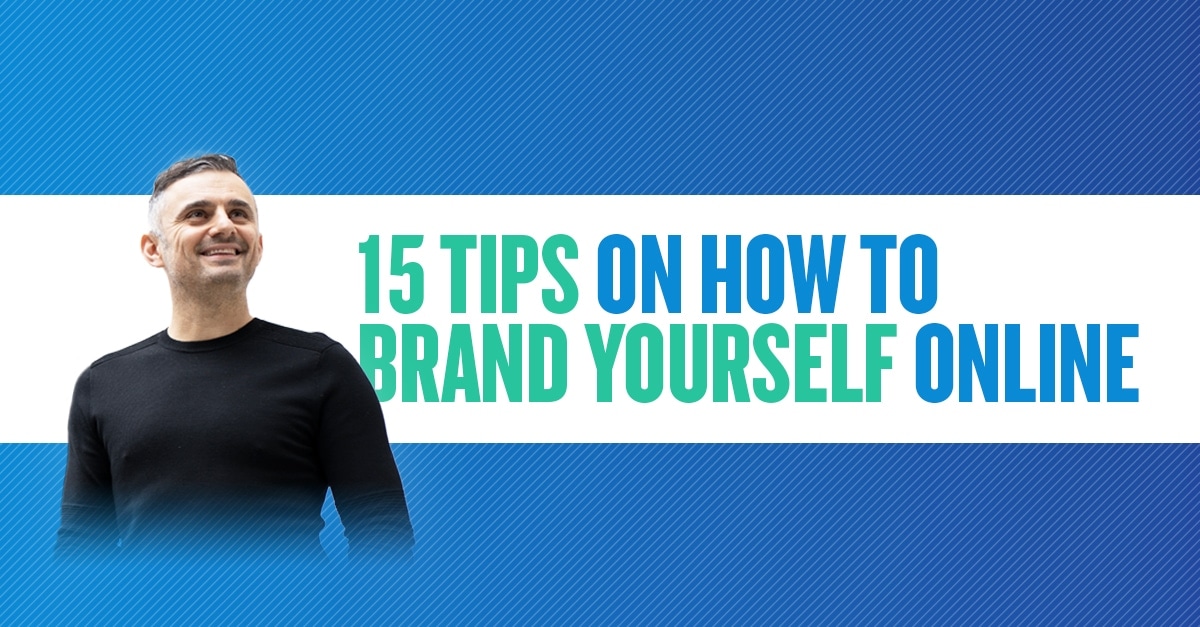
King has a different take on branding.
People follow a brand for its cause
It's not the logo, packaging or design. It's the cause and if people resonate with your cause - regardless of whether its a personal or company brand. Call it a brand cause, it makes your brand unique, meaningful and relevant to customers. Plus it helps you differentiate your brand from competitors.
Saltycustoms' brand positioning is based on design, customer experience and technology, something that its 1500+ clients resonated well with.
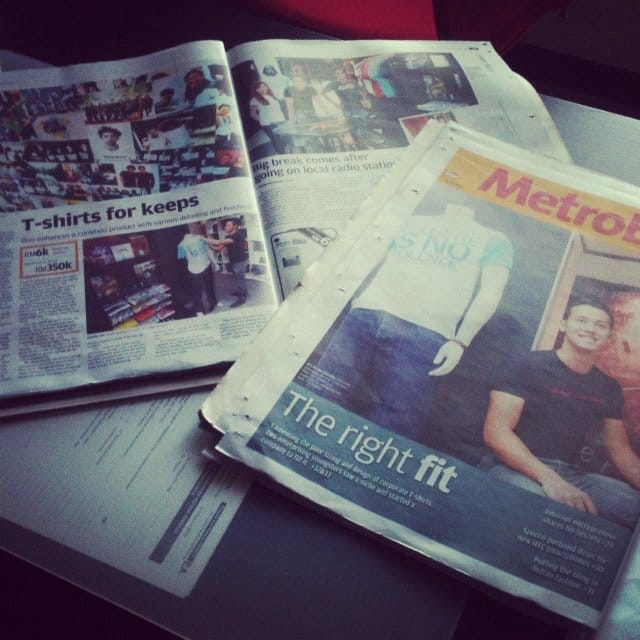
7- Explore in your 20s, double down in your 30s
This advice probably won't apply to everyone who is probably in different stages of their entrepreneurship journey, but there's wisdom behind it.
King Quah advises that you should use the zeal and energy you have in your 20s to try as many things as possible. Find out what you're good at – your identity. No one really knows what they'll be really set at in their 20s.
As you hit your 30s, use the wisdom you've racked to set out to build a meaningful business that brings an impact.
Takeways
That was a lot of information, so let's recap them – or watch the entire Saltycustoms' story on YouTube.
- Don't overcomplicate your marketing – Business is about building products/services to solve problems. Focus on reaching your dream clients.
- Listen to your customers – The best products you'll build will come from what your customers tell you.
- Hire front-end team members – In other words, hire people who can face customers and yet is flexible enough to help with backend work.
- Lead with a belief system – You can have the best people on your team, but they wouldn't make a difference without a purpose.
- Entrepreneursdhip is a solo journey – There will be tough times in your entrepreneurship career, and you'll be alone.
- Personal vs company brand – People follow a brand for its cause.
- Explore in your 20s, double down in your 30s – Use your 20s to explore and break many things. Double down on what's working with your wisdom in your 30s.
What did you think of the lessons we've taken from King Quah's story with Saltycustoms? If you've got value from it, share it and drop your comments!

